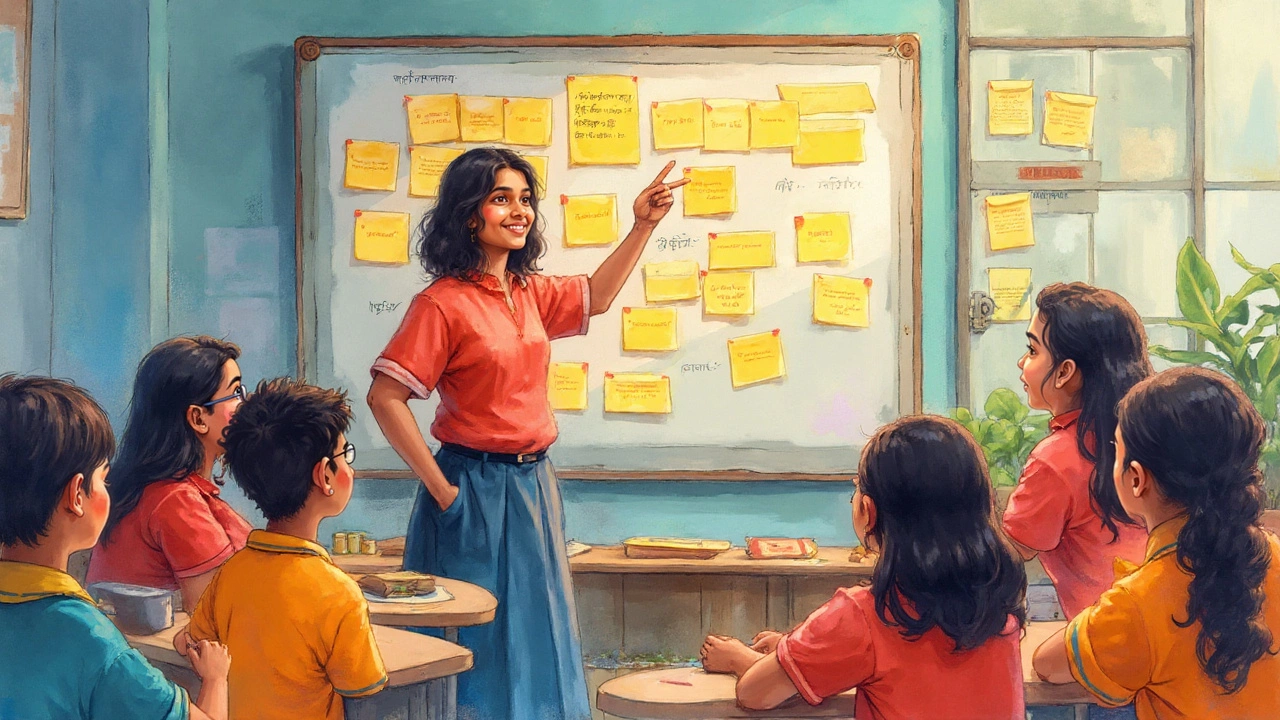Coding Beginners: Your First Steps into Programming
When you start as coding beginners, people who are new to writing code and want to build practical skills. Also known as novice coders, this group often looks for clear pathways, hands‑on projects, and reliable guidance. Self‑taught programming is a popular route because it lets you learn at your own pace without formal classes. It usually involves choosing a programming language that matches beginner needs, such as Python for its simple syntax or JavaScript for instant web results. The journey also relies on online coding platforms like freeCodeCamp or Codecademy, which provide interactive lessons and real‑time feedback. Finally, tackling coding challenges helps you turn theory into muscle memory, preparing you for real projects and job interviews.
Key Building Blocks for New Coders
First, pick a language that aligns with your goals. Python is great for data work, automation, and quick scripts, while JavaScript powers websites and can be used on the server with Node.js. Both have huge communities, free tutorials, and libraries that reduce the need to write everything from scratch. Second, set up a learning routine that mixes theory and practice. Spend half your time watching short videos or reading concise docs, then dive into coding exercises on the platforms mentioned earlier. Third, join a community – forums, Discord servers, or local meet‑ups – because asking questions speeds up learning and keeps motivation high. Finally, start a simple project early, like a personal website or a basic calculator, to see how pieces fit together. This project‑first mindset turns abstract concepts into tangible results, making the learning curve feel less steep.
Understanding how these pieces fit creates a solid foundation. Coding beginners benefit from the synergy between language choice, self‑guided resources, and regular practice. When you combine a beginner‑friendly language with structured online courses and frequent challenge solving, you build confidence faster. Moreover, tracking progress with simple milestones – finishing a lesson, solving a challenge, deploying a mini‑app – gives you measurable wins that reinforce the habit. Over time, these habits translate into deeper problem‑solving skills, which are the real engine behind becoming a competent developer.
The articles below dive deeper into each of these areas. You'll find detailed guides on picking the right language, step‑by‑step roadmaps for self‑teaching, reviews of the best coding platforms, and curated lists of challenges that match your skill level. Whether you want to land a tech job without a degree or just create your own tools, the collection offers practical advice you can start using right now.
Take a look at the resources ahead – they’re organized to walk you from zero knowledge to confident coding, with clear action items at every stage.
Unlock coding with an easy guide to the 7 steps of programming—from identifying problems to debugging. Solid tips for beginners. Walk through each step clearly.
